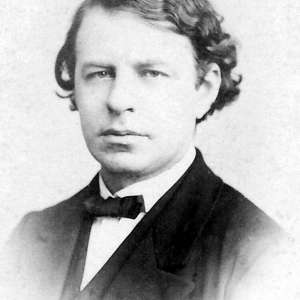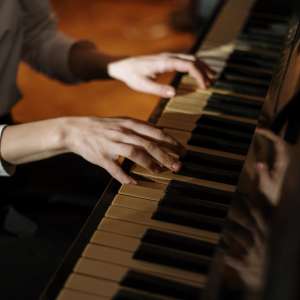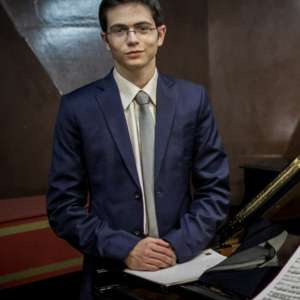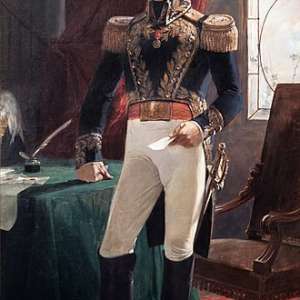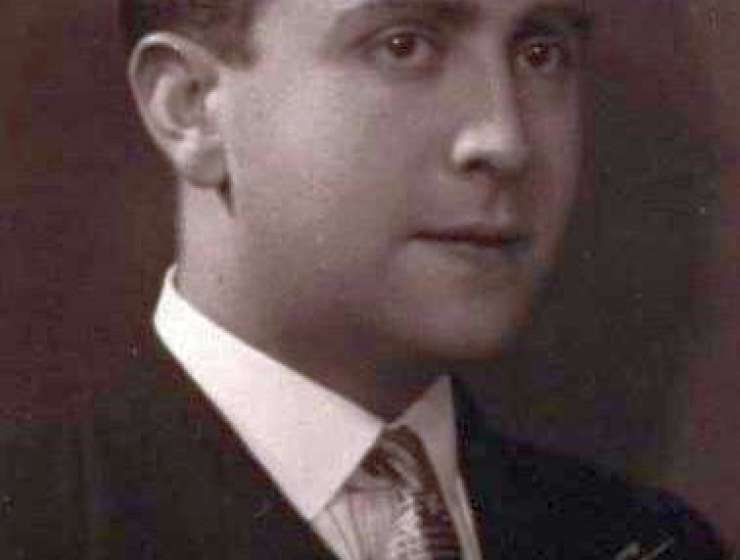
NEW YORK, early 1942. The pianist Claudio Arrau was thirty-nine and after seven early wunderkind years in his native Chile and twenty-two formative years in Germany, he had just arrived in the United States via a South American tour. He was already on the verge of stardom, on his way to becoming one of the piano titans of the twentieth century. Having made quite a name for himself in Germany, he remained there until 1940, “torn between the satisfaction of being recognized in Germany, and the horrors that were happening there” (as quoted in Joseph Horowitz’s Arrau on Music and Performance). The United States fascinated Arrau, and even more fascinating to him was success in the United States.
Now what if Claudio Arrau had recorded the Goldberg Variations that year, 1942, the first to do so on the piano, thirteen years before Glenn Gould and his 1955 recording that changed the course of the Bach-on-Piano and Bach in general? We know what that recording did to Gould’s career, of course, given the ensuing meteoric rise of the Canadian weirdo–genius. We also know what happened to the Goldberg Variations, which moved out of relative obscurity to become the recital and recording favorites they are today.
It is not a far-fetched “what if.” Although Arrau, the dapper “blend between Adolphe Menjou and Anthony Eden” (Time magazine, 1942) of the piano, is now known as an interpreter of Beethoven, Liszt, Schumann, probably Chopin and — maybe — Schubert, his repertoire in the early years of his career and his taste in music throughout his life was impressively catholic: Friedrich Gernsheim, Adolf von Henselt, Stephen Heller, Joachim Raff, Felix Weingartner and Hermann Goetz were all part of his recitals. Arrau had made the first American recording of Richard Strauss’s Burleske (also a Glenn Gould favorite); he gave the Mexican premiere of Carlos Chávez’s Piano Concerto, listened to and played a good deal of Schoenberg, and considered — astutely — Zimmermann’s Die Soldaten to be one of the great operas of the twentieth century.


